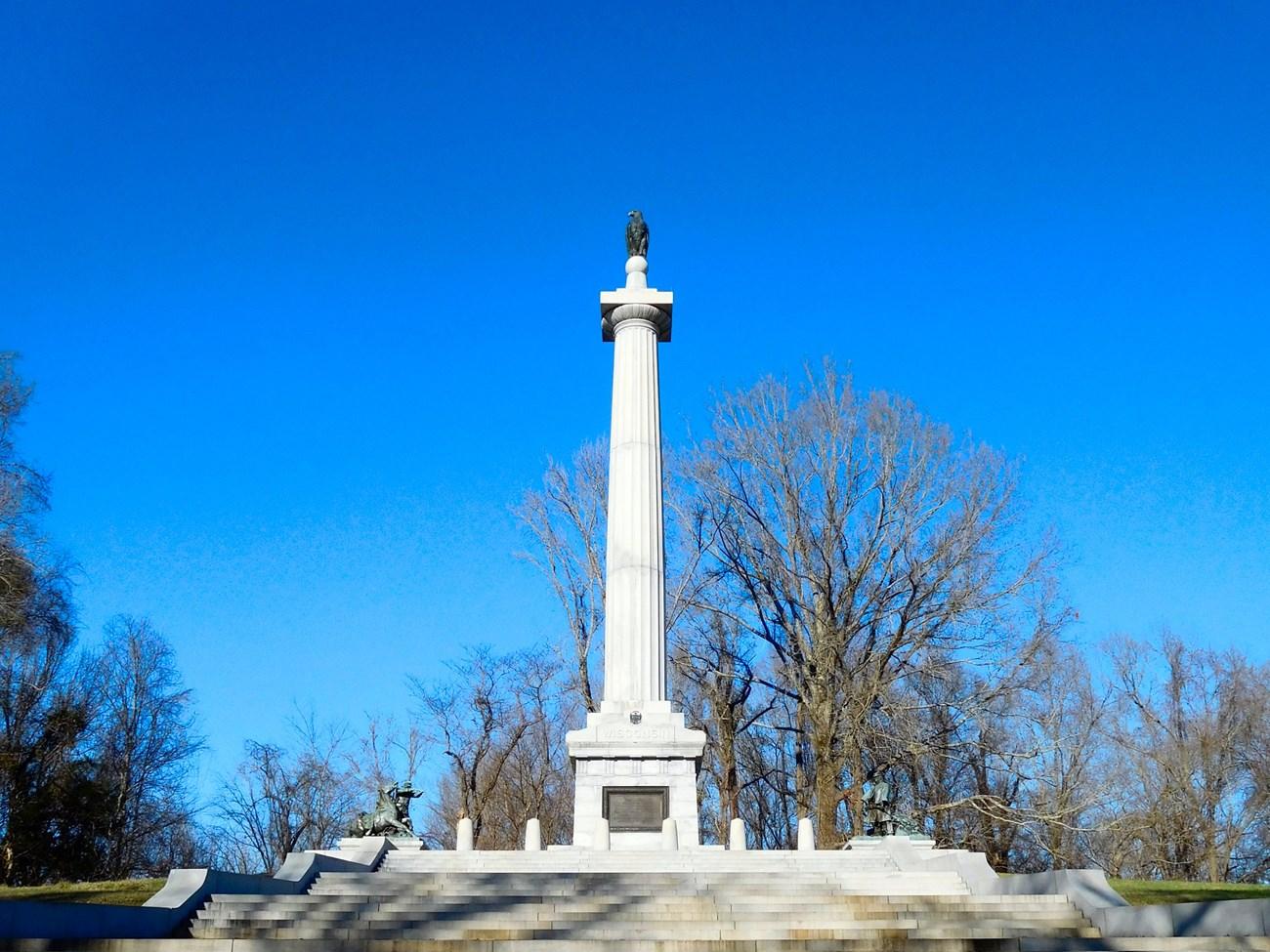
The Heartbeat of the Mississippi Delta
The Mississippi Delta, often referred to as the 'Birthplace of the Blues,' is a region rich in cultural history and natural beauty. Stretching from Memphis, Tennessee to Vicksburg, Mississippi, this legendary area is a haven for music lovers, history buffs, and nature enthusiasts alike. The Delta is renowned for its contributions to American music, particularly blues, gospel, and jazz. Visitors can explore numerous blues clubs, historic landmarks, and museums that celebrate the lives and legacies of iconic musicians like B.B. King and Muddy Waters. The Delta is also home to stunning landscapes, including the vast floodplains of the Mississippi River and the lush, green fields that produce some of the world's finest cotton. Outdoor enthusiasts will find plenty to do, from fishing and birdwatching to hiking and biking along scenic trails. The Great River Road, a scenic byway that follows the Mississippi River, offers breathtaking views and charming small towns to explore. In addition to its musical and natural attractions, the Delta boasts a rich culinary scene. Southern cuisine reigns supreme here, with mouthwatering dishes like fried catfish, barbecued ribs, and cornbread. Be sure to visit local eateries and farmers' markets to savor the region's unique flavors and hospitality.
Local tips in The Delta
- Visit the B.B. King Museum in Indianola to learn about the life of the blues legend.
- Take a scenic drive along the Great River Road for breathtaking views and charming small towns.
- Don't miss the Delta Blues Museum in Clarksdale, a must-see for music lovers.
- Sample local cuisine at iconic spots like Doe's Eat Place in Greenville and The Crown in Indianola.
- Plan your visit during one of the Delta's many music festivals, such as the Juke Joint Festival in Clarksdale.
- Explore the natural beauty of the region with a visit to the Yazoo National Wildlife Refuge for birdwatching and fishing.
The Heartbeat of the Mississippi Delta
The Mississippi Delta, often referred to as the 'Birthplace of the Blues,' is a region rich in cultural history and natural beauty. Stretching from Memphis, Tennessee to Vicksburg, Mississippi, this legendary area is a haven for music lovers, history buffs, and nature enthusiasts alike. The Delta is renowned for its contributions to American music, particularly blues, gospel, and jazz. Visitors can explore numerous blues clubs, historic landmarks, and museums that celebrate the lives and legacies of iconic musicians like B.B. King and Muddy Waters. The Delta is also home to stunning landscapes, including the vast floodplains of the Mississippi River and the lush, green fields that produce some of the world's finest cotton. Outdoor enthusiasts will find plenty to do, from fishing and birdwatching to hiking and biking along scenic trails. The Great River Road, a scenic byway that follows the Mississippi River, offers breathtaking views and charming small towns to explore. In addition to its musical and natural attractions, the Delta boasts a rich culinary scene. Southern cuisine reigns supreme here, with mouthwatering dishes like fried catfish, barbecued ribs, and cornbread. Be sure to visit local eateries and farmers' markets to savor the region's unique flavors and hospitality.
When is the best time to go to The Delta?
Iconic landmarks you can’t miss
Elvis Presley Birthplace
Discover the humble roots of a music legend at Elvis Presley's Birthplace in Tupelo, Mississippi. A must-see for fans!
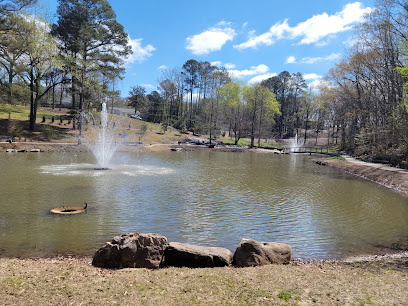
Vicksburg National Military Park
Explore the site of the Civil War's pivotal Vicksburg Campaign, featuring monuments, trenches, and the USS Cairo gunboat.
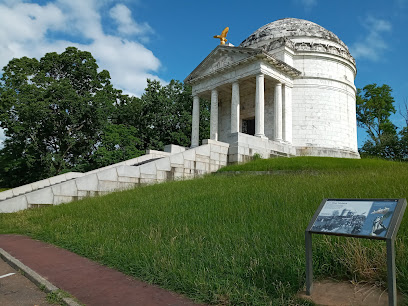
Biloxi Lighthouse
Discover the Biloxi Lighthouse, a historical icon offering breathtaking views and a glimpse into the maritime history of Mississippi's Gulf Coast.
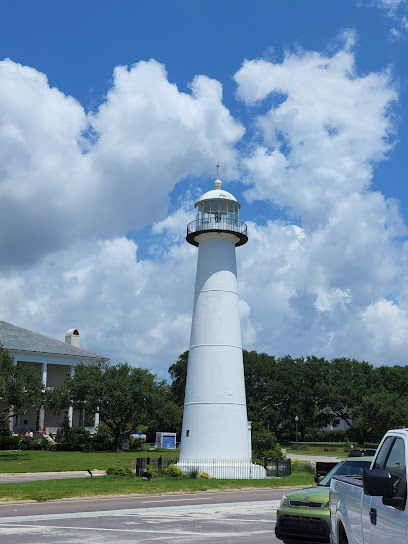
B.B. King Museum & Delta Interpretive Center - B.B. King grave
Explore the life, music, and legacy of B.B. King and the rich cultural heritage of the Mississippi Delta at this Indianola museum and interpretive center.
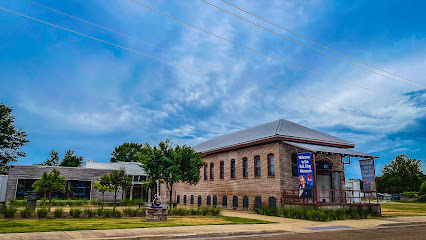
Longwood
Tour Longwood in Natchez, MS: the largest octagonal house in the U.S., frozen in time by the Civil War. A unique glimpse into antebellum dreams.
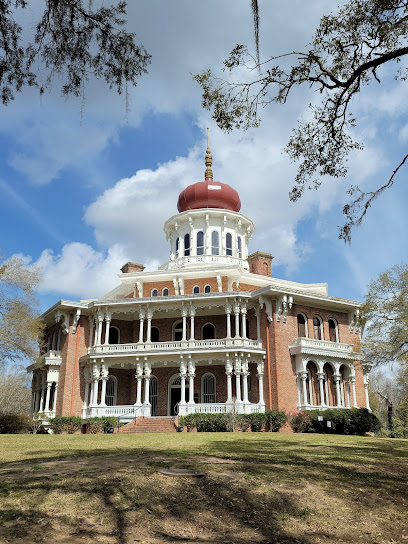
Windsor Ruins
Explore the majestic ruins of a pre-Civil War mansion in Mississippi, offering a glimpse into a bygone era of grandeur and tragedy.
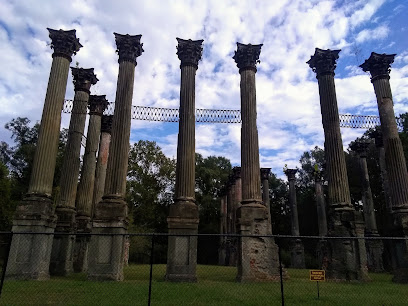
McRaven Tour Home
Explore Vicksburg's most haunted house, a unique blend of architectural history and ghostly tales from three distinct eras.
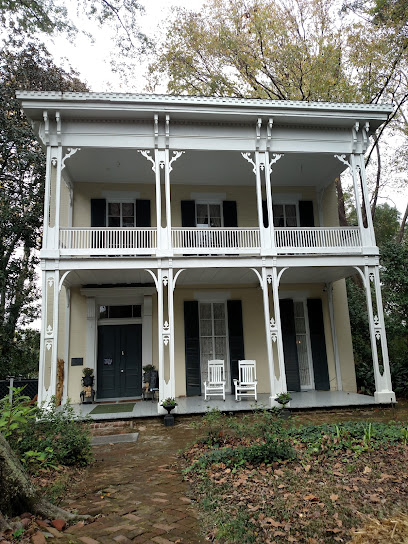
Beauvoir
Explore Beauvoir, the historic Biloxi home of Jefferson Davis, with its mansion, museum, and grounds offering a glimpse into 19th-century Southern life.
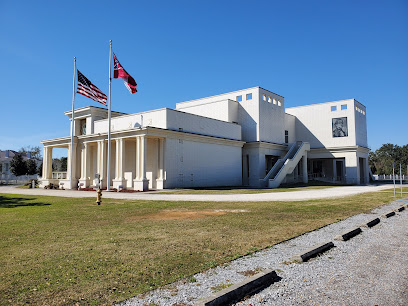
Delta Blues Museum
Explore the roots of American music at the Delta Blues Museum in Clarksdale, MS, home to the legends and birthplace of the blues.
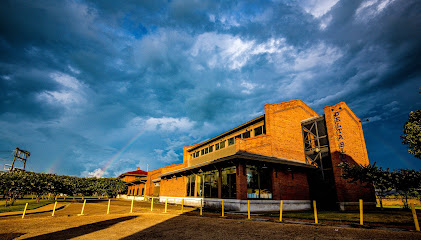
Biloxi Shrimping Trip
Experience Biloxi's shrimping heritage firsthand on an engaging and educational marine adventure for the whole family.
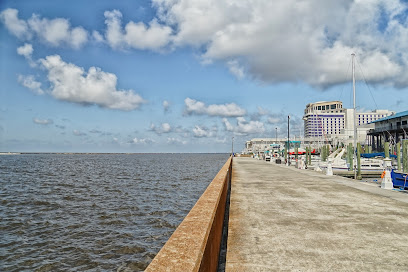
GRAMMY Museum Mississippi
Explore Mississippi's musical heritage at the GRAMMY Museum Mississippi, celebrating the state's GRAMMY winners and influential Delta artists.
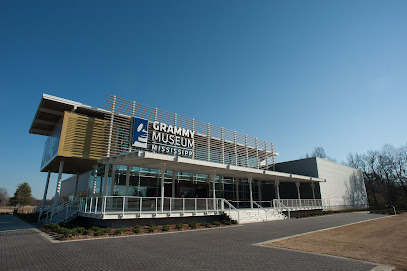
Medgar and Myrlie Evers Home National Monument
Explore the home of civil rights heroes Medgar and Myrlie Evers and discover their fight for equality in 1960s Mississippi. A powerful and moving experience.
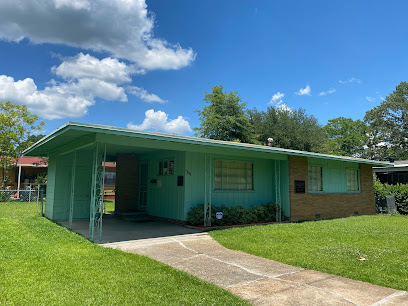
Fort Massachusetts
Discover coastal history at Fort Massachusetts on Ship Island, a Civil War-era fortress offering tours and scenic Gulf views.
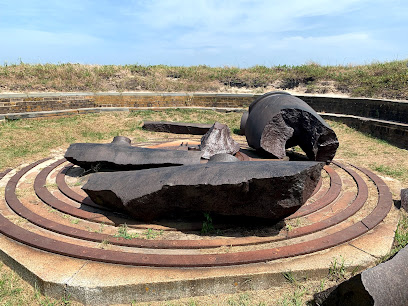
Tunica County River Park
Discover the history, culture, and natural beauty of the Mississippi River at Tunica County River Park in Tunica Resorts, Mississippi.
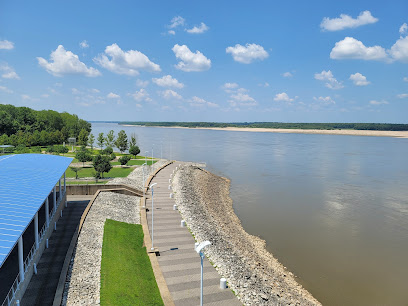
Rowan Oak
Step into the world of William Faulkner at Rowan Oak, his preserved Oxford home and a landmark of American literature.
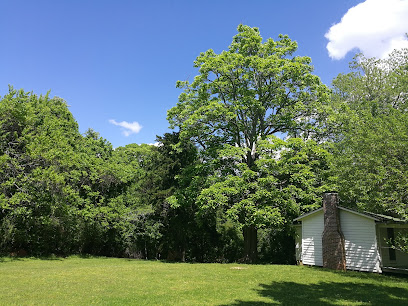
Unmissable attractions to see
Vicksburg National Military Park
Discover the rich history of the Civil War at Vicksburg National Military Park, a significant battlefield and memorial site in Mississippi.
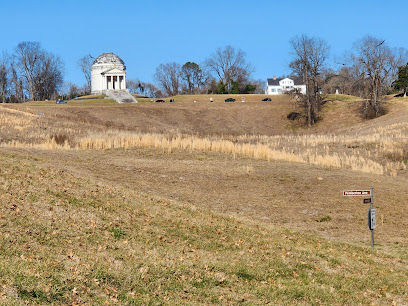
Bayou Sauvage Urban National Wildlife Refuge
Discover the serene beauty of Bayou Sauvage Urban National Wildlife Refuge, a vital sanctuary for wildlife just outside New Orleans, Louisiana.
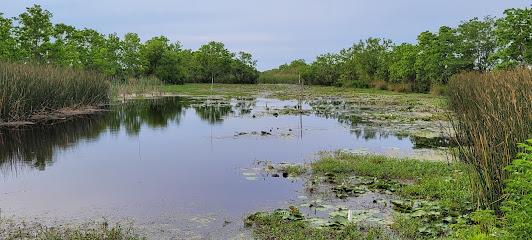
Fairview-Riverside State Park
Experience the breathtaking landscapes and outdoor adventures at Fairview-Riverside State Park in Madisonville, Louisiana, a perfect getaway for nature lovers.
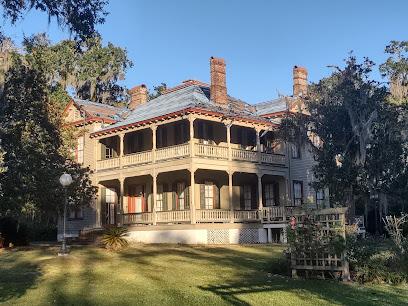
Abita Mystery House / UCM Museum
Discover the whimsical Abita Mystery House in Louisiana, a quirky museum filled with unique artifacts and enchanting gardens that celebrate local culture.
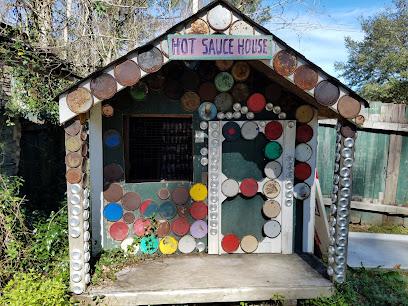
Insta-Gator Ranch & Hatchery
Explore Insta-Gator Ranch & Hatchery, Louisiana's premier alligator experience, featuring interactive exhibits and conservation education.
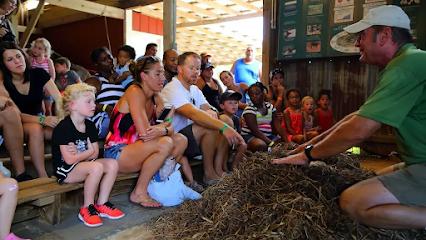
Big Branch Marsh National Wildlife Refuge
Discover the natural beauty and diverse wildlife at Big Branch Marsh National Wildlife Refuge, a serene escape in Lacombe, Louisiana.
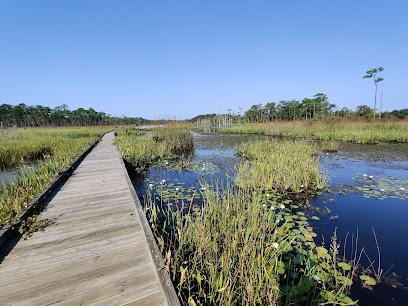
Longwood
Discover the architectural wonder of Longwood in Natchez, a historic landmark reflecting the grandeur of the antebellum South.
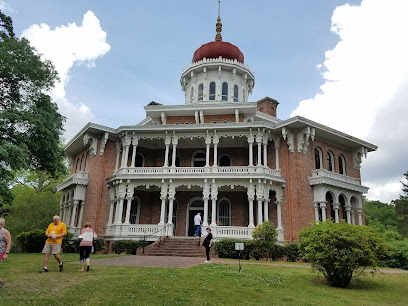
Windsor Ruins
Explore the hauntingly beautiful Windsor Ruins in Port Gibson, Mississippi, where history meets nature in a captivating landscape.
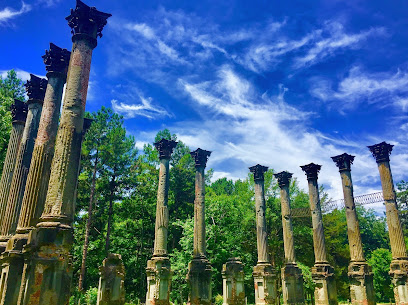
McRaven Tour Home
Explore the haunting beauty and rich history of McRaven Tour Home, Vicksburg's most enchanting historic attraction.
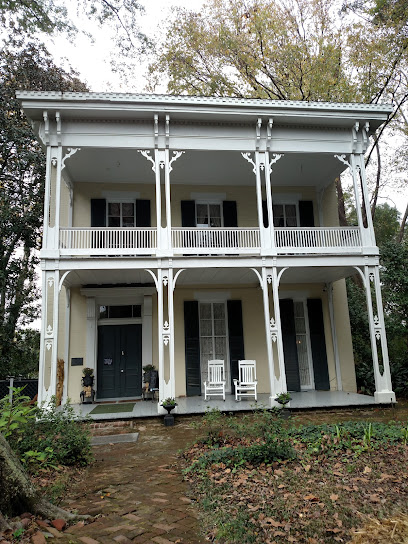
Lower Mississippi River Museum
Discover the rich history and cultural significance of the Mississippi River at the Lower Mississippi River Museum in Vicksburg, Mississippi.
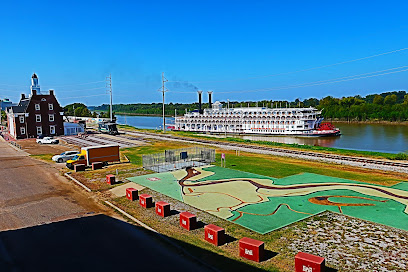
Delta Blues Museum
Explore the roots of American music at the Delta Blues Museum, a treasure trove of history and culture in Clarksdale, Mississippi.
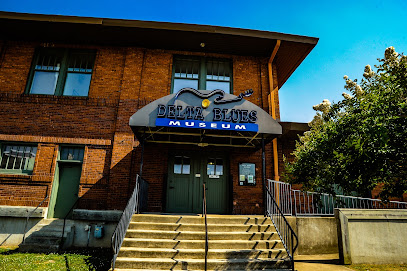
Boating Adventures - Louisiana Tours and Adventures -Tchefuncte Capt Mike
Experience the beauty of Louisiana's wetlands with Tchefuncte Capt Mike's Boating Adventures, offering unforgettable boat tours through scenic landscapes.

Maritime Museum Louisiana
Explore the Maritime Museum Louisiana, where nautical history and interactive exhibits come to life in the heart of Madisonville.
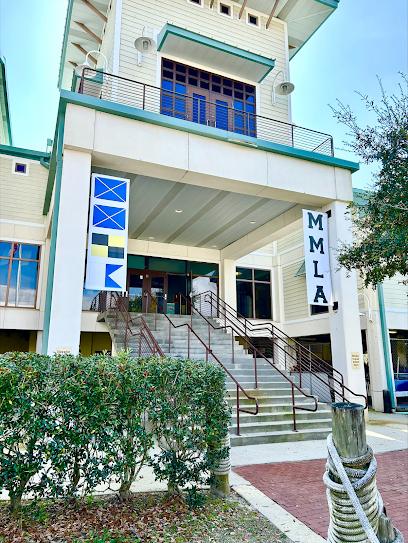
Sky Lake WMA Boardwalk
Experience the serene beauty of Sky Lake WMA Boardwalk, a top wildlife refuge in Mississippi perfect for birdwatching and nature walks.
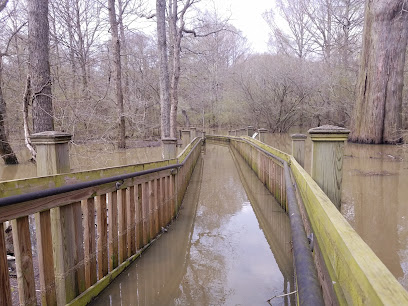
Delta National Forest
Discover the natural beauty of Delta National Forest in Mississippi – a paradise for outdoor enthusiasts with lush landscapes, diverse wildlife, and serene waterways.
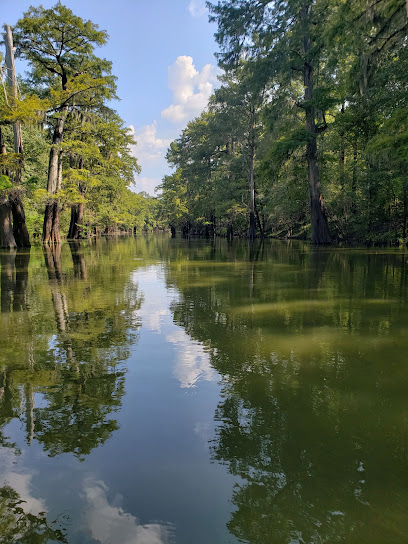
Essential places to dine
Mary Mahoney's Old French House
Experience exquisite seafood at Mary Mahoney's Old French House—where history meets culinary excellence on the Gulf Coast.
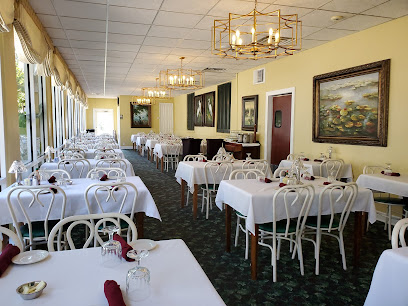
Steve's Marina Restaurant
Experience the best seafood and southern hospitality at Steve's Marina Restaurant in Long Beach - where every meal feels like a vacation.
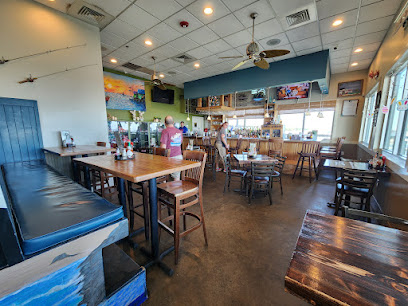
The Rack House Steak & Spirits
Discover the exquisite flavors at The Rack House Steak & Spirits - where every meal is a celebration of taste in Gulfport.
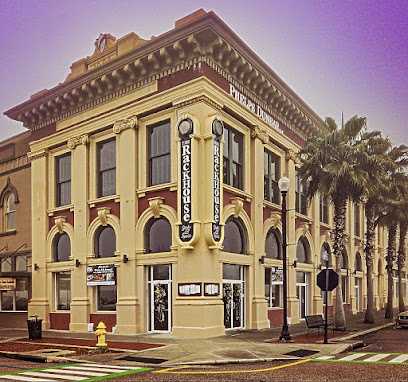
Darwell's Cafe
Discover the flavors of the Gulf Coast at Darwell's Cafe in Long Beach, MS - where fresh seafood meets inviting atmosphere.
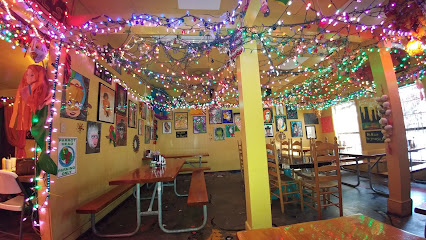
Walnut Hills
Discover Walnut Hills: A Family-Friendly Southern Restaurant in Vicksburg Offering Delicious Cuisine & Live Blues Music.
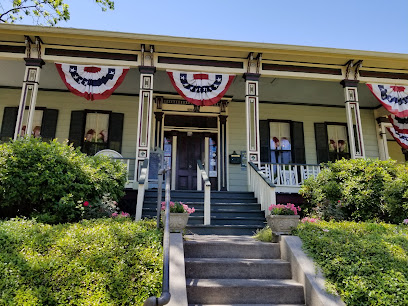
Huck's Cove on the Bayou
Experience Southern hospitality at Huck's Cove on the Bayou – where delicious grilled dishes meet breathtaking waterfront views.
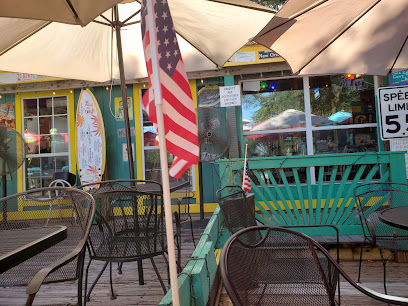
Bonfire Restaurant
Discover authentic Jamaican cuisine at Bonfire Restaurant in Gulfport – where flavor meets vibrant Caribbean culture.
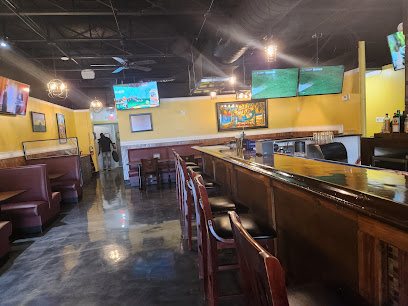
Larry's Fish House
Discover Larry's Fish House in Itta Bena - where Southern hospitality meets mouthwatering seafood specialties.
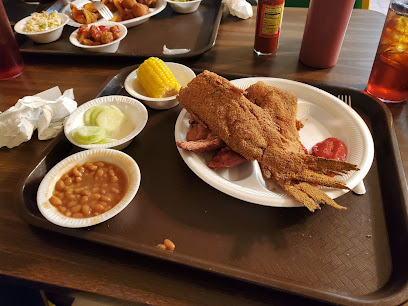
Flamingo Landing
Discover Flamingo Landing: A vibrant Caribbean and Mexican restaurant in Gulfport offering delicious cuisine and stunning water views.
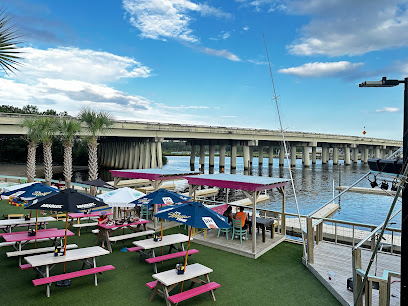
Delta Steakhouse
Experience the best steak in Senatobia at Delta Steakhouse; where flavor meets Southern charm.
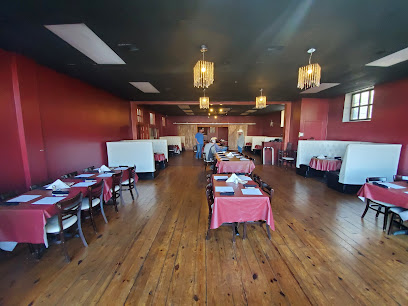
P-Reaux's Cajun Mudbugs
Dive into deliciousness at P-Reaux's Cajun Mudbugs—where authentic Cajun seafood meets Southern hospitality in Yazoo City.
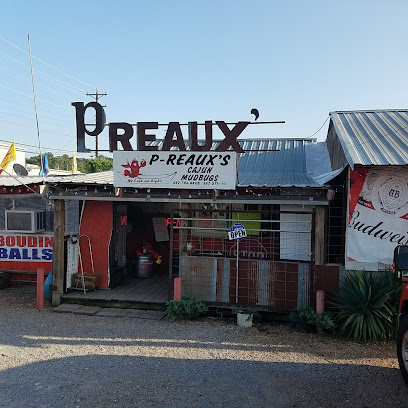
Mammy's Cupboard
Experience iconic Southern hospitality at Mammy's Cupboard—an American gem in Natchez serving delicious comfort food with charm.
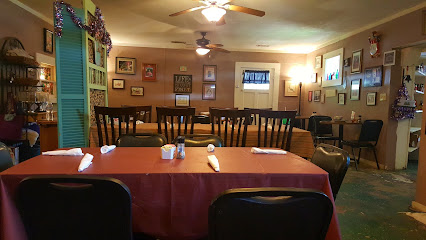
Backdraft Restaurant & Bar
Discover mouth-watering grilled dishes and refreshing drinks at Backdraft Restaurant & Bar in Cleveland - A true Mississippi culinary gem!
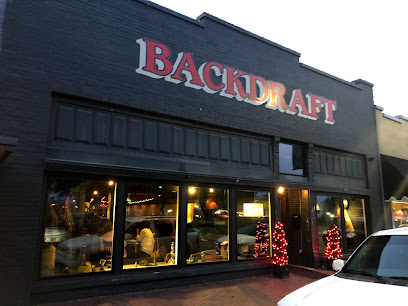
Doe's Eat Place
Experience authentic Southern cuisine with mouthwatering steaks and warm hospitality at Doe's Eat Place in Biloxi.
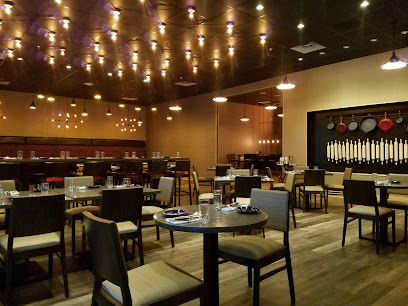
Serio's Italian Steakhouse
Discover authentic Italian cuisine and premium steaks at Serio's Italian Steakhouse in Greenwood - a must-visit dining destination.
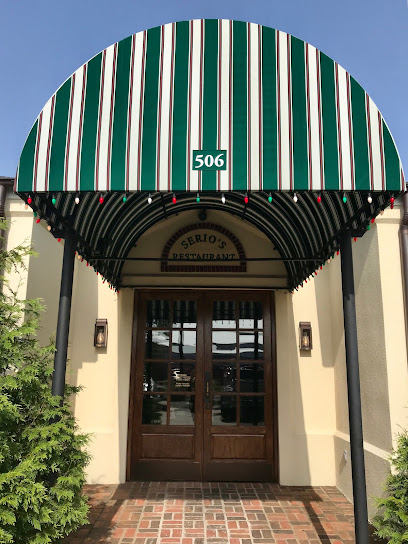
Markets, malls and hidden boutiques
Edgewater Mall
Explore Edgewater Mall in Biloxi, Mississippi - your ultimate shopping destination with over 100 stores, dining options, and family-friendly entertainment!
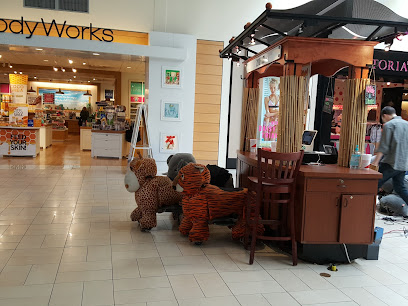
Gulfport Premium Outlets
Discover unbeatable bargains at Gulfport Premium Outlets, where shopping meets savings in the heart of Mississippi.
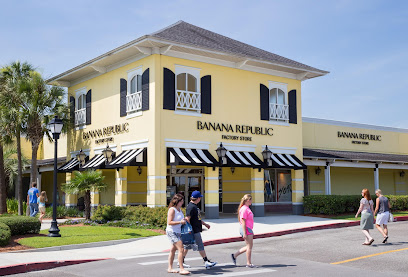
Sharkheads
Experience the best of Biloxi souvenirs at Sharkheads, your go-to destination for unique gifts, airbrushing, and delicious local chocolates.
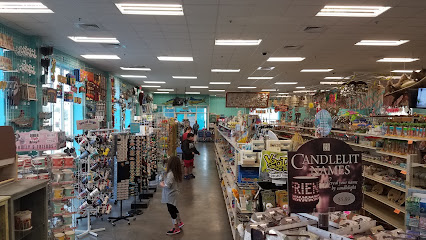
Outlets of Mississippi
Experience unbeatable deals and a variety of brand-name stores at Outlets of Mississippi, your ultimate shopping destination in Pearl.
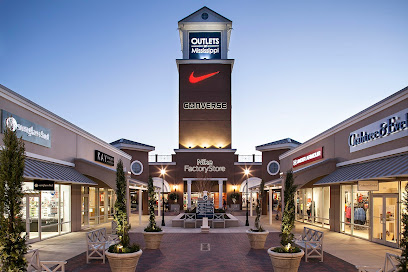
Scotsman General Store & Woodshop
Experience the charm of Southern hospitality at Scotsman General Store & Woodshop, where local crafts and tasty treats await every visitor.
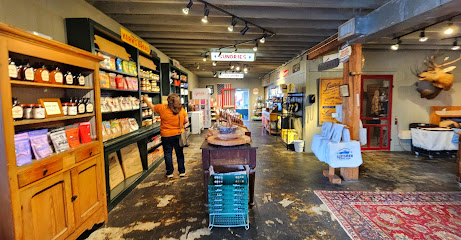
Old South Trading Post
Explore the Old South Trading Post in Natchez, MS, for unique souvenirs, local crafts, and a taste of Southern charm.
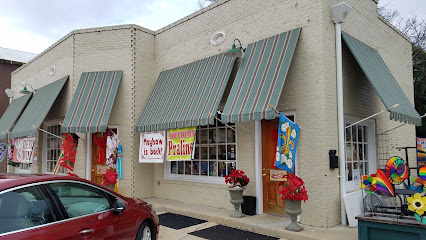
Robin's Nest In The Pass
Explore Robin's Nest In The Pass for unique gifts and local art in a charming setting, capturing the essence of Pass Christian, Mississippi.
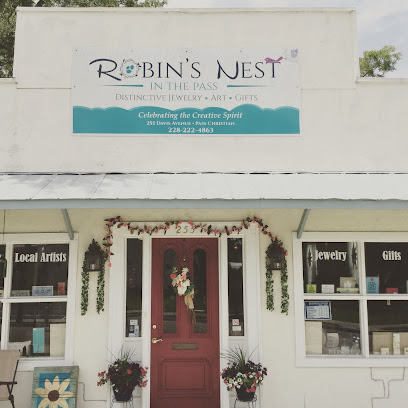
Cat Head Delta Blues & Folk Art
Experience the vibrant culture of the Delta at Cat Head Delta Blues & Folk Art, where music and art come together in Clarksdale, Mississippi.
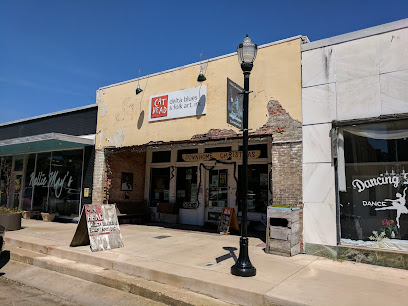
Coastal Magpie
Explore Coastal Magpie for a unique blend of antiques and artistic treasures in the heart of Ocean Springs, Mississippi.
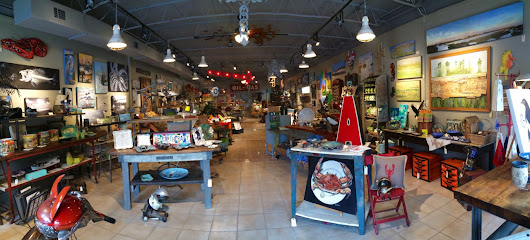
Little Big Store
Explore Little Big Store in Raymond, a treasured music shop featuring vinyl, instruments, and a vibrant community atmosphere.
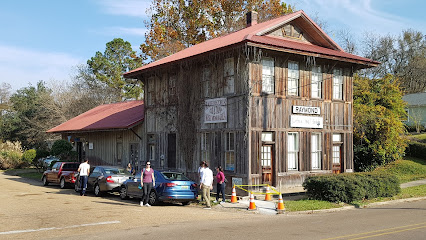
Delta Outfitters
Discover outdoor gear and expert advice at Delta Outfitters, your go-to sporting goods store in Vicksburg, Mississippi, for archery, fishing, and hunting.
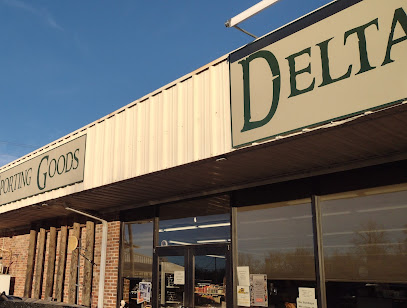
Delta Outdoors
Explore the great outdoors with premium gear from Delta Outdoors, the leading sporting goods store in Cleveland, Mississippi.
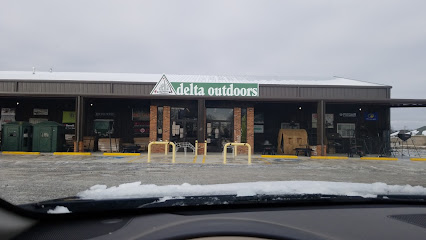
Silver Street Gallery & Gifts
Explore Silver Street Gallery & Gifts in Natchez for unique treasures and local artistry that make perfect souvenirs.
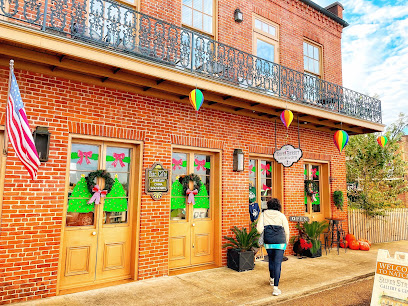
Collins Antiques & More Mall
Explore a captivating selection of vintage treasures and unique collectibles at Collins Antiques & More Mall, a must-visit for antique enthusiasts.
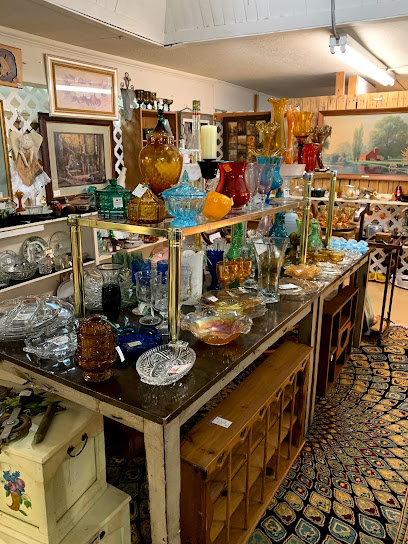
Expectations Too
Discover stylish women's clothing at Expectations Too in Brookhaven, MS, offering the latest trends and exceptional customer service.
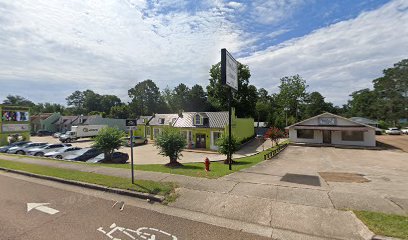
Essential bars & hidden hideouts
Under-the-Hill Saloon
Discover the historic Under-the-Hill Saloon in Natchez, Mississippi, where local flavors and stunning river views come together for an unforgettable experience.
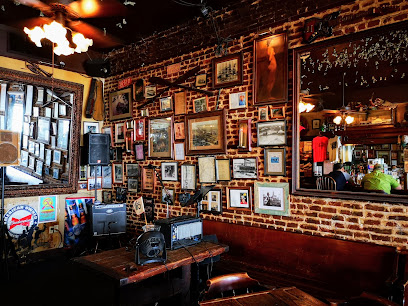
Fenian's Pub
Fenian's Pub: A cozy Irish gastropub in Jackson, MS, offering delicious food, extensive drinks, and a vibrant atmosphere perfect for any occasion.
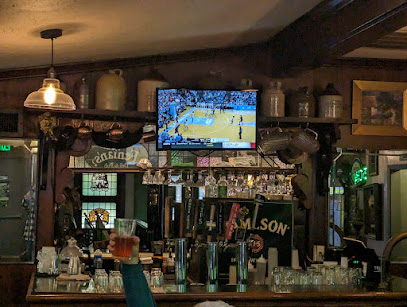
Kelly's Sports Pub
Discover Gulfport's favorite sports bar and restaurant, where great food meets an electrifying sports atmosphere for all visitors.
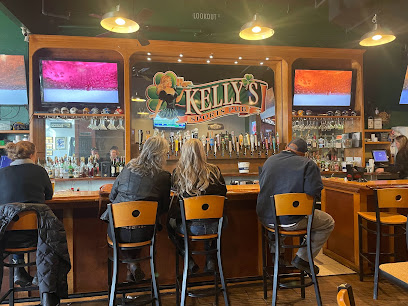
The Ugly Pirate Cafe and Bar
Discover The Ugly Pirate Cafe and Bar, a lively grill and bar in Bay St. Louis, offering delicious food and drinks in a unique pirate-themed setting.
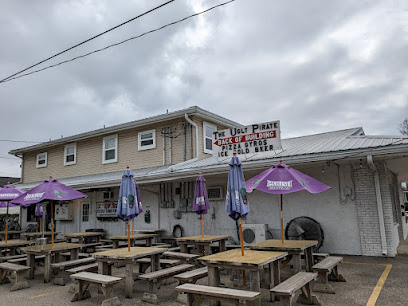
Knock Knock Lounge
Discover the lively ambiance of Knock Knock Lounge, where cocktails, live music, and scrumptious seafood unite for an unforgettable night out in Waveland.
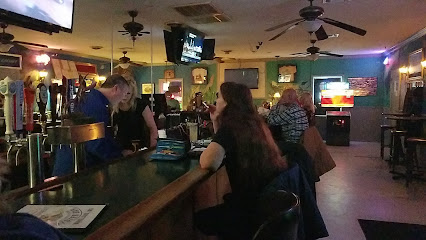
The Mermaid Dive Bar
Experience the vibrant nightlife and delicious seafood at The Mermaid Dive Bar, the perfect gathering place in Biloxi, Mississippi.
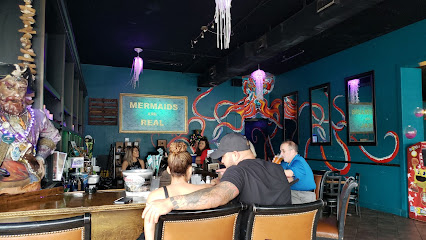
Sipps Bar Gulfport
Experience the vibrant nightlife at Sipps Bar Gulfport, where karaoke, dance, and community come together for an unforgettable evening.
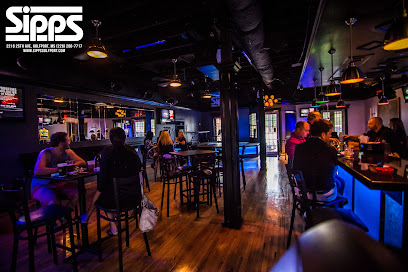
Celtic Irish Pub
Discover the authentic taste of Ireland at Celtic Irish Pub in Pascagoula, offering great food, drinks, and live entertainment in a welcoming atmosphere.
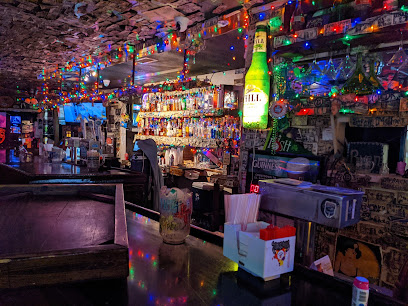
Little River Marina & RV Park and Old Black Water Restaurant
Explore the great outdoors at Little River Marina & RV Park, where adventure meets delicious dining at Old Black Water Restaurant.
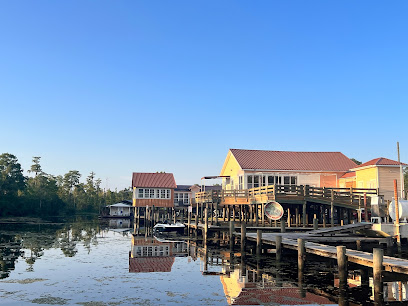
delta daiquiris
Experience the vibrant atmosphere and delicious daiquiris at Delta Daiquiris, the perfect bar stop on your journey through Louisiana.
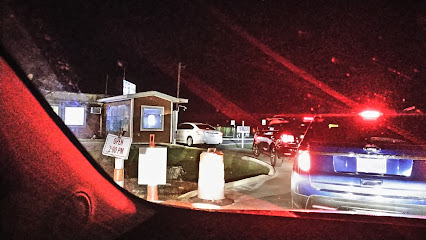
Elaine's Place to Be
Discover Gulfport's nightlife at Elaine's Place to Be, where local culture meets vibrant entertainment in a dynamic bar atmosphere.
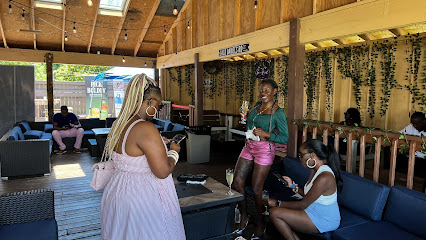
The Apothecary at Brent's Drugs
Experience the charm of The Apothecary at Brent's Drugs, where vintage meets modern mixology in Jackson, Mississippi.
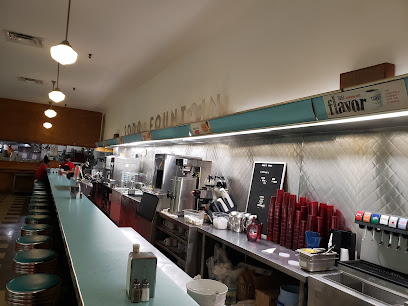
Broke Spoke
Discover the charm of Kiln, Mississippi at Broke Spoke, a local bar known for its great drinks, friendly atmosphere, and vibrant community events.
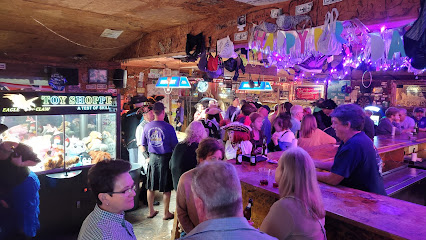
Red's
Discover the heart of Clarksdale nightlife at Red's, a vibrant bar and nightclub with live music and a welcoming atmosphere.
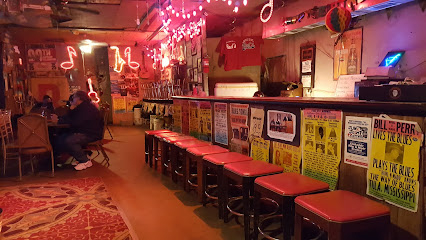
Local Phrases about The Delta
-
- HelloHowdy
[haʊ-di] - GoodbyeSee ya
[siː jə] - YesYup
[jʌp] - NoNaw
[nɔ] - Please/You're welcomePlease/You're welcome
[pliːz/jʊr ˈwɛlkəm] - Thank youThanks
[θæŋks] - Excuse me/SorryPardon/Sorry
[ˈpɑrdn/ˈsɔri] - How are you?How y'all doin'?
[haʊ jɔːl ˈduɪn] - Fine. And you?Fine. And you?
[faɪn ænd jʊ] - Do you speak English?Ya talk English?
[jɑ tɔk ˈɪŋɡlɪʃ] - I don't understandI ain't gettin' ya
[aɪ eɪnt ˈɡɛtɪn jə]
- HelloHowdy
-
- I'd like to see the menu, pleaseLemme see the menu, please
[ˈlɛmi si ðə ˈmɛnju ˈpliːz] - I don't eat meatI don't eat meat
[aɪ doʊnt it mit] - Cheers!Cheers!
[ʧɪrz] - I would like to pay, pleaseI need to settle up, please
[aɪ nid tu ˈsɛtl ʌp ˈpliːz]
- I'd like to see the menu, pleaseLemme see the menu, please
-
- Help!Help!
[hɛlp] - Go away!Git!
[ɡɪt] - Call the Police!Call the Law!
[kɔl ðə lɔ] - Call a doctor!Call the doc!
[kɔl ðə dɑk] - I'm lostI'm lost
[aɪm lɔst] - I'm illI'm sick
[aɪm sɪk]
- Help!Help!
-
- I'd like to buy...I wanna buy...
[aɪ ˈwɑnə baɪ] - I'm just lookingI'm just browsin'
[aɪm ˈdʒəst ˈbraʊzɪn] - How much is it?How much this cost?
[haʊ mʌt ðɪs kɔst] - That's too expensiveThat's too pricey
[ðæts tuː ˈpraɪsi] - Can you lower the price?Can you come down on the price?
[kæn jʊ kʌm daʊn ɑn ðə praɪs]
- I'd like to buy...I wanna buy...
-
- What time is it?What time it be?
[wʌt taɪm ɪt bi] - It's one o'clockIt's one o'clock
[ɪts wʌn əˈklɑk] - Half past (10)Half past (10)
[hæf pæst (ˈtɛn)] - MorningMornin'
[ˈmɔrnɪn] - AfternoonAfternoon
[ˌæftərˈnun] - EveningEvenin'
[ˈivnɪn] - YesterdayYestiddy
[ˈjɛstɪdi] - TodayToday
[təˈdeɪ] - TomorrowTomorra
[təˈmɔrə] - 1One
[wʌn] - 2Two
[tuː] - 3Three
[θriː] - 4Four
[fɔr] - 5Five
[faɪv] - 6Six
[sɪks] - 7Seven
[ˈsɛvən] - 8Eight
[eɪt] - 9Nine
[naɪn] - 10Ten
[tɛn]
- What time is it?What time it be?
-
- Where's a/the...?Where's a/the...?
[wɛrz ə ðə] - What's the address?Where's it at?
[wɛrz ɪt æt] - Can you show me (on the map)?Can you show me (on the map)?
[kæn jʊ ʃoʊ mi (ɒn ðə mæp)] - When's the next (bus)?When's the next (bus)?
[wɛnz ðə nɛkst (bʌs)] - A ticket (to ....)A ticket (to ....)
[ə ˈtɪkɪt (tu ....)]
- Where's a/the...?Where's a/the...?
History of The Delta
-
The Mississippi Delta, also known as the Yazoo-Mississippi Delta, is a distinctive region in the state of Mississippi that stretches from the Yazoo and Mississippi rivers. It is a flat, alluvial plain formed by the sediment deposited by these rivers over thousands of years. The fertile soil made the region ideal for agriculture, particularly for growing cotton, which would later play a significant role in its history.
-
During the Antebellum period, the Mississippi Delta became one of the most important cotton-producing regions in the United States. The vast plantations relied heavily on enslaved African labor. This period saw the establishment of large estates and a focus on cotton production, which shaped the social and economic fabric of the region. The wealth generated by cotton also led to significant disparities and laid the groundwork for deep-seated racial tensions.
-
The Civil War (1861-1865) brought significant disruption to the Mississippi Delta. Many plantations were destroyed or abandoned, and the emancipation of enslaved African Americans led to a major shift in the labor system. During the Reconstruction era (1865-1877), efforts were made to rebuild the economy and integrate freed slaves into society. However, these efforts were met with resistance, leading to the establishment of Jim Crow laws and systemic racial segregation.
-
The Mississippi Delta is often referred to as the 'Birthplace of the Blues.' In the late 19th and early 20th centuries, African American musicians in the Delta began to develop a unique style of music that combined African rhythms, work songs, spirituals, and folk music. This genre, known as the Delta Blues, produced legendary musicians such as Robert Johnson, Muddy Waters, and B.B. King. The music reflected the hardships and resilience of the Delta's African American community and had a profound influence on American music.
-
Between 1916 and 1970, the Mississippi Delta experienced a significant demographic shift known as the Great Migration. Thousands of African Americans left the Delta in search of better economic opportunities and to escape the oppressive conditions of the Jim Crow South. Many moved to northern cities like Chicago, Detroit, and New York, where they contributed to the cultural and industrial growth of these urban centers. This migration had a lasting impact on both the Delta and the cities they moved to.
-
The Mississippi Delta played a crucial role in the Civil Rights Movement of the 1950s and 1960s. Activists such as Fannie Lou Hamer and Medgar Evers emerged from the Delta and fought tirelessly for voting rights and racial equality. The region saw significant events, including voter registration drives, protests, and acts of violence. The struggle for civil rights in the Delta was a microcosm of the broader national movement and led to important legislative changes, including the Voting Rights Act of 1965.
-
Today, the Mississippi Delta remains a region rich in culture and history. While agriculture, particularly cotton, continues to be important, there has been diversification into other crops and industries. The Delta is also a hub for cultural tourism, with visitors drawn to its music heritage, historic sites, and vibrant festivals. Efforts are ongoing to address economic challenges and improve living conditions for residents, ensuring that the Delta's unique legacy continues to thrive.
The Delta Essentials
-
The Mississippi Delta is accessible through several major airports, the closest being Memphis International Airport (MEM) in Tennessee and Jackson-Evers International Airport (JAN) in Mississippi. From these airports, you can rent a car or take a shuttle service to reach the Delta. Amtrak also provides train services to several Delta towns, including Greenwood. Bus services like Greyhound and Megabus operate routes that include stops in the region.
-
Once in the Delta, having a rental car is highly recommended for exploring the area as public transportation options are limited. Local taxi services are available in some towns, but they can be sparse. Bicycling can also be a pleasant way to explore, especially in towns like Clarksdale and Greenville. Be prepared for rural roads and varying conditions.
-
The official currency is the US Dollar (USD). Credit and debit cards are widely accepted in hotels, restaurants, and larger stores, but it is advisable to carry some cash, especially in smaller towns and for local markets. ATMs are available in most towns, but always ensure you have enough cash for emergencies or if you are heading to more remote areas.
-
The Delta is generally safe for tourists, but like any travel destination, it is important to stay cautious. Some areas in larger towns like Greenville and Clarksdale have higher crime rates. Avoid walking alone at night and be cautious in unfamiliar areas. Always keep your personal belongings secure and be aware of your surroundings. Petty theft can occur, especially in crowded places.
-
In case of an emergency, dial 911 for police, fire, or medical assistance. Hospitals and clinics are available in larger towns such as Greenville, Clarksdale, and Cleveland. It is advisable to have travel insurance that covers medical emergencies. Pharmacies are available in most towns for minor health issues and over-the-counter medications.
-
Fashion: Do dress comfortably and casually, but avoid overly revealing clothing. Light, breathable fabrics are recommended due to the region's warm climate. Religion: Do respect local religious practices. When visiting churches, dress modestly and be quiet and respectful. Public Transport: Do plan ahead as public transport options are limited. Don't rely solely on public transport for getting around. Greetings: Do greet people with a friendly 'hello' or 'how are you?' A handshake is common when meeting someone new. Eating & Drinking: Do try local specialties like catfish, barbecue, and tamales. Don't forget to tip; around 15-20% is customary in restaurants.
-
To experience the Delta like a local, visit the Delta Blues Museum in Clarksdale and the B.B. King Museum in Indianola. Attend a live blues performance at one of the many juke joints scattered throughout the region. Engage with locals who are often friendly and willing to share stories about the region's rich musical and cultural heritage. Don't miss trying the local cuisine, especially the fried catfish and hushpuppies.
Trending Landmarks in The Delta
-
Elvis Presley Birthplace
-
Vicksburg National Military Park
-
Biloxi Lighthouse
-
B.B. King Museum & Delta Interpretive Center - B.B. King grave
-
Longwood
-
Windsor Ruins
-
McRaven Tour Home
-
Beauvoir
-
Delta Blues Museum
-
Biloxi Shrimping Trip
-
GRAMMY Museum Mississippi
-
Medgar and Myrlie Evers Home National Monument
-
Fort Massachusetts
-
Tunica County River Park
-
Rowan Oak
Nearby Cities to The Delta
-
Things To Do in Gulfport
-
Things To Do in New Orleans
-
Things To Do in Biloxi
-
Things To Do in Hattiesburg
-
Things To Do in McComb
-
Things To Do in Houma
-
Things To Do in Petaluma
-
Things To Do in Baton Rouge
-
Things To Do in Mobile
-
Things To Do in Fairhope
-
Things To Do in Daphne
-
Things To Do in Gulf Shores
-
Things To Do in Foley
-
Things To Do in Orange Beach
-
Things To Do in Natchez







